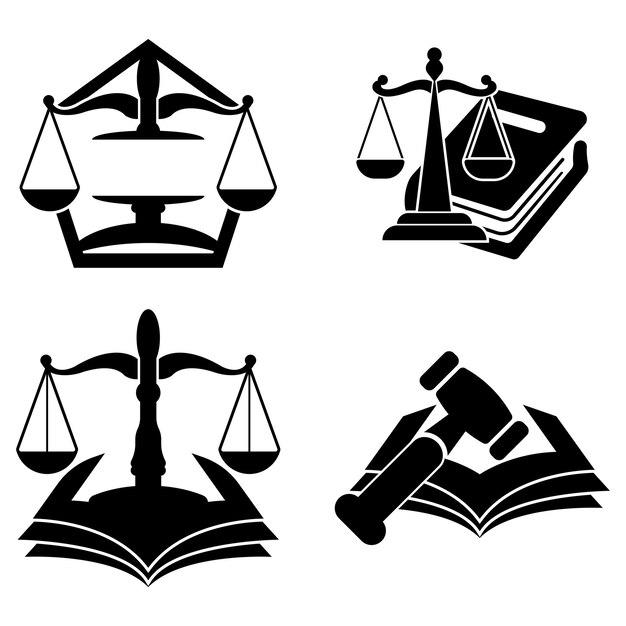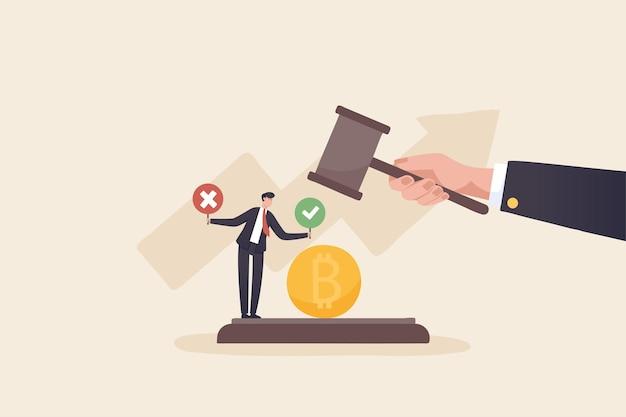In today’s world, transparency and accountability are essential in ensuring the smooth functioning of society. Public disclosure laws play a crucial role in this regard, compelling organizations and governmental bodies to share information with the public. But what kind of information are actually required by these laws? In this blog post, we will delve into the details of public disclosure laws and shed light on the information that must be disclosed.
From financial statements to environmental impact reports, public disclosure laws require various forms of information to be made available to the public. These laws aim to promote openness and enable citizens to make informed decisions. Whether it’s a government organization, a corporation, or a non-profit entity, they must comply with these laws and disclose pertinent information.
So, why is it important to understand the ins and outs of public disclosure laws? And what are the specific types of information that fall under their purview? Join us as we explore these questions and gain a deeper understanding of the vital role public disclosure laws play in maintaining transparency and accountability.

What Kind of Information is Required by Public Disclosure Laws
Public disclosure laws play a crucial role in ensuring transparency in government and business operations. These laws require certain entities to disclose specific information to the public. By knowing what information is mandated by public disclosure laws, citizens can stay informed and hold accountable those who are supposed to serve them. So, let’s take a closer look at the kind of information that these laws require.
Financial Disclosures: Keeping Track of the Money
Financial disclosures are a critical aspect of public disclosure laws. They aim to shed light on the finances of various individuals and organizations. For instance, elected officials are typically required to disclose their sources of income, investments, and assets. This information helps prevent conflicts of interest and potential corruption by ensuring that public officials are not using their positions for personal gain. So, when it comes to public disclosure laws, money matters!
Lobbying Activities: Lift the Veil on Influential Interests
Another key area where public disclosure laws come into play is lobbying. Lobbyists are individuals or groups that seek to influence government decisions in favor of their interests. To ensure transparency, many jurisdictions require lobbyists to disclose their activities and expenditures. By providing this information, public disclosure laws allow citizens to see who is trying to sway governmental decisions and potentially hold those interests accountable.
Government Contracts: Let the Public in on the Action
Government contracts involve a significant amount of taxpayer money, so it’s important for the public to know how that money is being spent. Public disclosure laws often require the disclosure of information related to government contracts, such as the contracting parties, contract terms, and even bid details. This level of transparency helps prevent corruption and ensures fair and competitive processes.
Environmental Impact: Protecting Mother Earth
In an age where environmental concerns are at the forefront, public disclosure laws also address the need for information about environmental impact. Entities involved in activities that might harm the environment, such as large-scale construction projects or industrial operations, are typically required to disclose information on their potential environmental impact. By doing so, public disclosure laws aim to protect natural resources and the well-being of the community.
Health and Safety: Keeping People Informed
Public disclosure laws also encompass health and safety information. For instance, pharmaceutical companies may need to disclose the outcomes of clinical trials to ensure transparency in the development of new drugs. Similarly, food producers might be required to reveal ingredients, nutritional content, and potential allergens on their product labels. These disclosures serve to protect public health and enable consumers to make informed decisions.
Public disclosure laws are essential for maintaining transparency and accountability. By requiring the disclosure of various types of information, these laws empower citizens to stay informed and hold individuals and organizations accountable. From financial disclosures to environmental impact reports, the information made available through public disclosure laws ensures that governance and business practices are conducted with transparency and the best interests of the public in mind. So, next time you read about a disclosure, remember that knowledge is power, and it’s all thanks to public disclosure laws!

FAQ: Common Questions About Public Disclosure Laws
Why is it unfair or meaningless to criticize a theory as unrealistic
Criticizing a theory as unrealistic is like criticizing a magician for not actually having magical powers. The purpose of theories in economics is to simplify and provide a framework for understanding complex real-world phenomena. They are not meant to be exact representations of reality. So, while you might not find a perfect economic model that matches every aspect of the messy, unpredictable world we live in, that doesn’t mean the theories are useless. They offer valuable insights and help economists make informed decisions.
Can things not be considered scarce today but be scarce tomorrow
Oh, absolutely! Just like a pair of discounted shoes on Black Friday, scarcity can sneak up on you when you least expect it. Today you might have an abundance of a certain resource or product, but tomorrow factors like increased demand, decreased supply, or natural disasters can quickly turn the tables. It’s a fascinating dance between availability and desirability, which keeps economists on their toes and reminds us not to take anything for granted.
What is public disclosure quizlet
Ah, Public Disclosure Quizlet! It sounds like the ultimate trivia game where you reveal embarrassing secrets about yourself to friends and family. But in reality, public disclosure refers to the legal requirement for individuals, businesses, and organizations to disclose certain information to the public. This information can range from financial statements to environmental impact reports. So, while the phrase “Public Disclosure Quizlet” may trigger thoughts of confessions and quizzes, it’s actually all about transparency and making information accessible to everyone.
What is the basic assumption of economics
If economics had a dating profile, its basic assumption would be something like “rationality seeks mutual benefit.” At its core, economics assumes that individuals and organizations act in their own self-interest and try to maximize their well-being or profits. This doesn’t mean people are selfish monsters; it simply recognizes that we all have our own preferences and goals. So, economics embraces the idea that if individuals pursue what they deem best for themselves, it can lead to positive outcomes for society as a whole. It’s like a harmonious economic love story, where rationality and self-interest dance the tango.
Is economics harder than accounting
Oh, the eternal battle of the numbers! Both economics and accounting have their unique challenges, making it hard to crown a clear winner. But if we were to pit them against each other in a game show, economics might have a slight upper hand in terms of complexity. Economics deals with analyzing and understanding how societies allocate resources, make choices, and predict the future. Accounting, on the other hand, focuses on recording, classifying, and summarizing financial transactions. So, while accounting may have its own intricacies, economics enters the ring with a broader scope and more abstract concepts.
What kind of information is required by public disclosure laws
Ahoy, information hunters! Public disclosure laws require a variety of information to be made available to the public. The exact requirements vary depending on the jurisdiction and the specific purpose of the disclosure. However, some common types of information that may fall under public disclosure laws include:
-
Financial information: This can include audited financial statements, tax reports, and disclosures of executive compensation.
-
Environmental information: Many public disclosure laws require businesses to disclose their impact on the environment, such as emissions, waste management, and any potential hazards.
-
Health and safety information: Certain industries, like pharmaceutical companies or food producers, may be required to disclose information related to the safety and efficacy of their products.
-
Consumer information: Public disclosure laws often mandate clear and transparent disclosure of product information, such as ingredients, potential side effects, or hidden fees.
Remember, the goal of public disclosure laws is to promote transparency and empower individuals and communities to make informed decisions. So, keep your sleuthing hat handy and dive into the sea of disclosed information!
Is economics hard to get in
Imagine economics as an exclusive club with bouncers holding tightly to their coveted guest list. While economics can be challenging, it’s not impossible to get in! Pursuing a career in economics usually begins with obtaining a degree in the subject, which requires dedication, analytical skills, and a knack for problem-solving. However, with determination and a passion for understanding how the world works, you can certainly make your way past those metaphorical bouncers and dive into the exciting realm of economics.
Why do economists develop theories, principles, and models
Ah, economists and their love for theories, principles, and models! It’s like having a toolbox full of different tools for different jobs. Economists develop these concepts to better understand, explain, and predict how individuals, businesses, and entire economies behave. Theories provide a framework to analyze complex economic phenomena, principles offer guiding rules and insights, and models allow economists to simulate and test scenarios. By developing these tools, economists can make informed decisions, provide policy recommendations, and contribute to a better understanding of the world’s economic waltz.
So, there you have it—some frequently asked questions about public disclosure laws answered in a friendly, informative, and slightly humorous way. Now, armed with this newfound knowledge, go forth and conquer the mysterious world of public disclosures!
